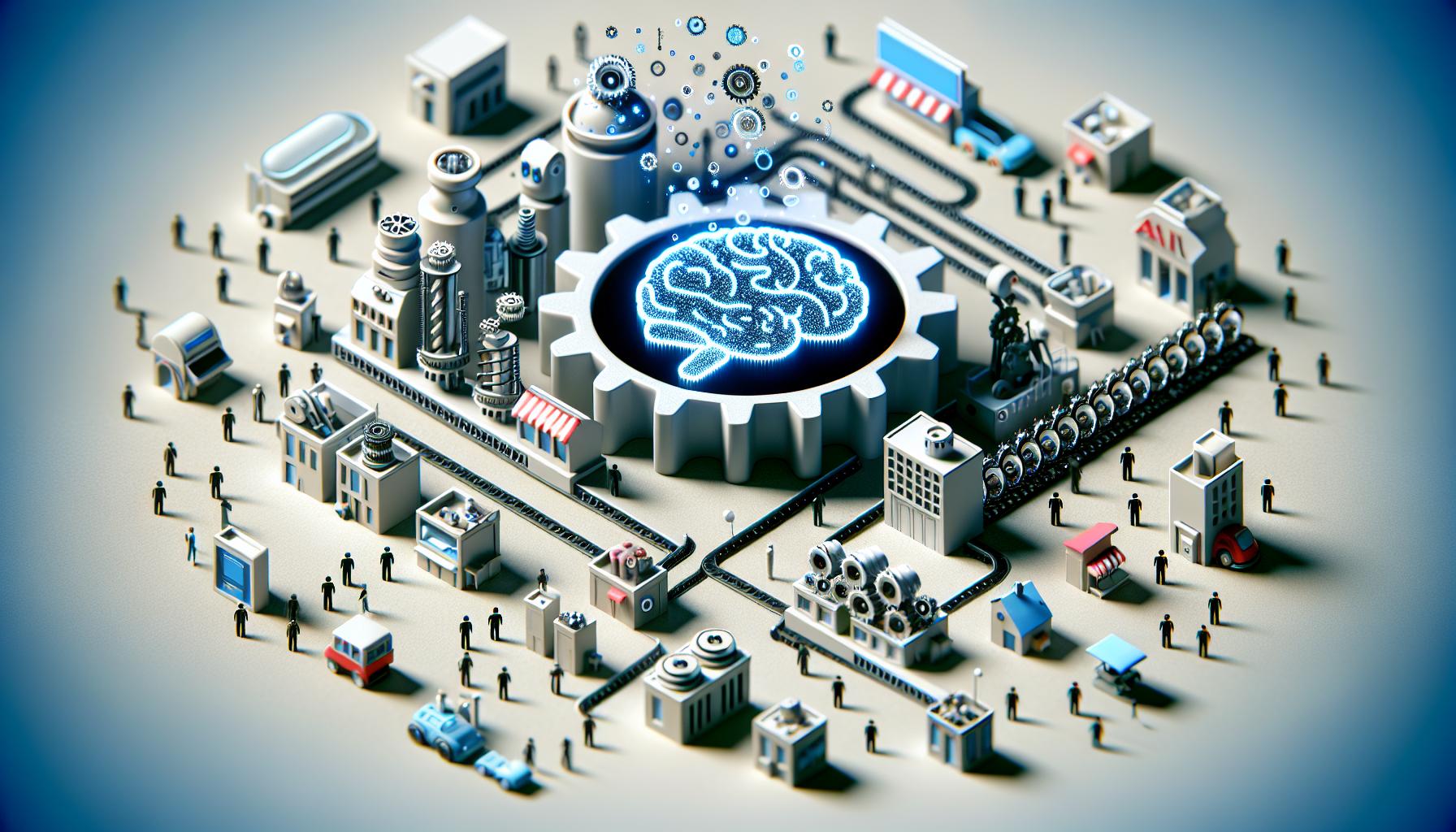What is Artificial Intelligence? Exploring AI's Impact on Business Automation

Artificial Intelligence: Unveiling the Mystery
Artificial Intelligence, commonly known as AI, has seen an exponential rise in its application in various sectors, especially in business automation. But what exactly is AI? Is it just a buzzword, or does it hold transformative power and vast potential for businesses? Let's uncover the remarkable world of Artificial Intelligence.
Origins and Definition of Artificial Intelligence
The concept of A.I. dates back to the mid-20th century, when computer scientist Alan Turing asked, 'Can machines think?' His question set the groundwork for the development of AI, which today we define as the simulation of human intelligence processes by machines, especially computer systems. These processes include learning, reasoning, self-correction, and understanding human language.
Diverse Forms of Artificial Intelligence
AI can broadly be classified into two types: Narrow AI, which performs a limited task such as voice commands, and General AI, which can perform any cognitive task that a human being can. Both types have the potential to transform business operations, given their ability to self-learn and improve.
AI and Business Automation: A Match Made in Tech Heaven
The transformative power of A.I. lies in its ability to automate and streamline business operations, thereby reducing manual labor, increasing efficiency, and maximizing profits. Business automation involves using technology to automate complex business processes to simplify operations. And when A.I. is involved, it takes business automation to a whole new level.
A Look at Case Studies: AI's Benefits in Tangible Terms
Companies like Amazon and Netflix are just a few examples of businesses that have harnessed the power of A.I. for automation. Amazon uses A.I. algorithms for demand forecasting, thereby streamlining their inventory management. At the same time, Netflix uses A.I. to personalize recommendations, leading to improved customer retention.
A Beginners Guide: Understanding AI's Role in Automation
For business owners looking to implement AI, understanding its role in automation is crucial. From customer service chatbots and content curation to predictive analysis and cyber-security, the application of A.I. is vast. The role of A.I. in automation is to provide businesses with operational efficiency, cost-effectiveness, and a competitive edge.
Benefits of A.I. in Business Automation
AI offers numerous benefits for businesses when incorporated into their automation strategy. Increased efficiency, improved decision making, enhanced customer experience, and cost savings are just a few of the benefits.
Implementing A.I. in Business Automation
Implementation of A.I. in business operations involves identifying A.I. potential in your existing operations, deciding on the type of A.I. to implement, developing or buying the A.I. solution, integrating it into your systems, training your staff to use it, and analyzing its impact.




